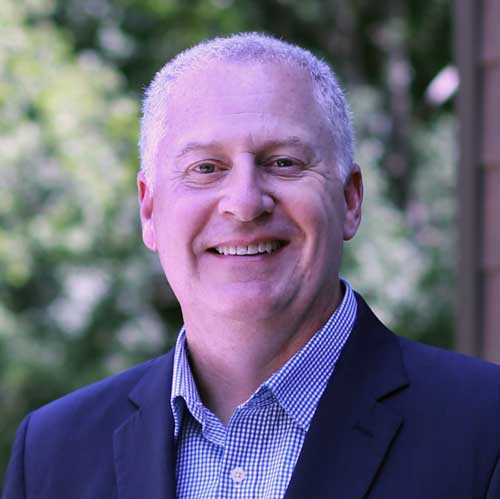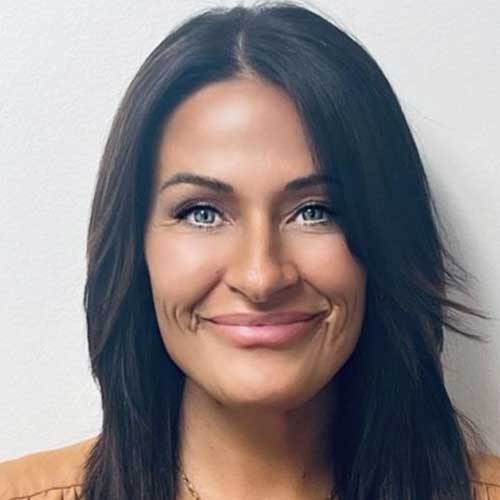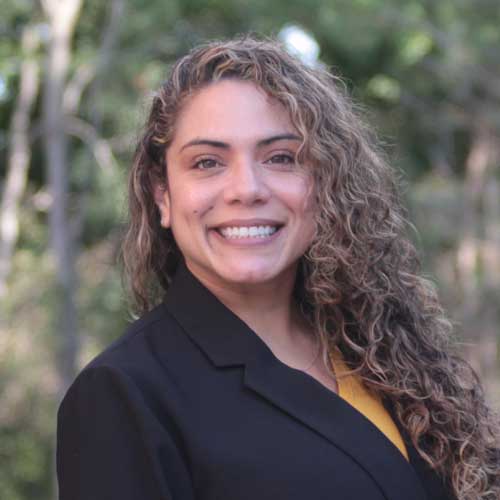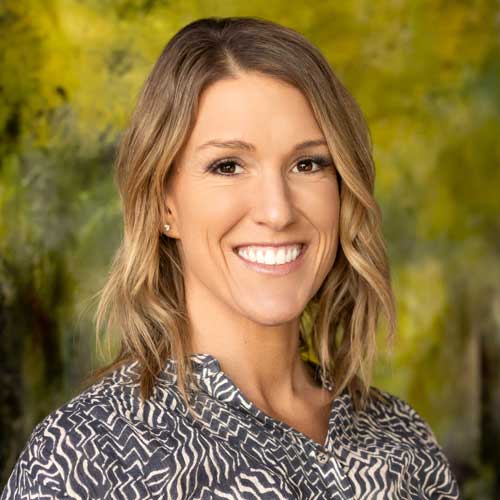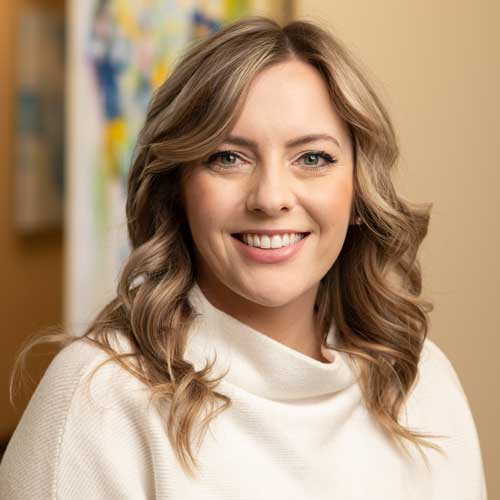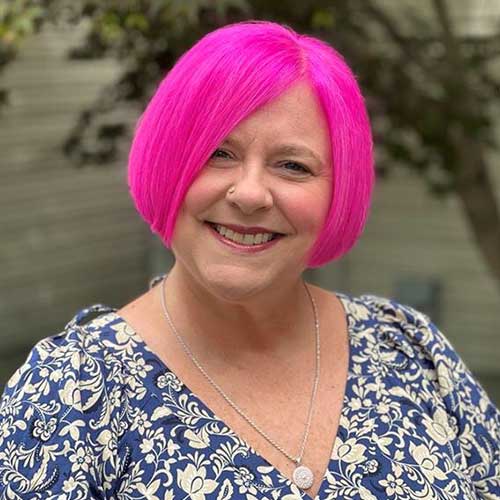
To refer a patient to Rogers Behavioral Health for inpatient, residential, partial hospitalization (PHP), intensive outpatient (IOP), or outpatient services, please fill out the form below and indicate the desired level of care. If your patient is in need of inpatient care, please call us 24/7 at 833.308.5887, Option 2. Or, connect with a Rogers Outreach Team member in your region.
Patients experiencing a mental health crisis can call, text, or chat with a trained professional at the 988 Suicide & Crisis Lifeline. For more information, visit 988lifeline.org. If this is a medical emergency, advise your patient to call 911 immediately or go to the nearest emergency room.
What Happens When You Refer a Patient to Rogers
We will reach out directly to your patient to complete a screening with an admissions representative. Afterward, a psychiatrist or clinical director (psychologist) will review the screening and, if approved for a Rogers program, a recommendation for treatment including level of care, will be provided.
For questions regarding an admission, call our staff at 833.308.5887. For specific clinic phone numbers, please visit our Contact Us page.

By policy, Rogers Behavioral Health’s Wisconsin locations recognize referring provider communication as part of the continuum of care; outside of Wisconsin, a release of information is required for any patients receiving addiction treatment services.
Refer a Patient
Community Relations
Wisconsin
Illinois
Minnesota
Partnering with Rogers
Rogers Behavioral Health is proud to be your trusted partner for evidence-based specialty mental health and substance use treatment. By teaming up with Rogers, you not only ensure that your patients gain the tools and treatment they need to overcome their challenges, but you also gain access to professional development resources including:
- Information on Rogers’ newest and upcoming service offerings and locations
- Disorder-specific consultation groups
- Access to current research studies published by Rogers
- Networking opportunities
- Free, live, interactive CE webinar series
- Local in-person CE seminars
Looking for mental health or addiction resources for your patients, visit our Resources page for more information.

